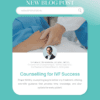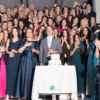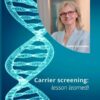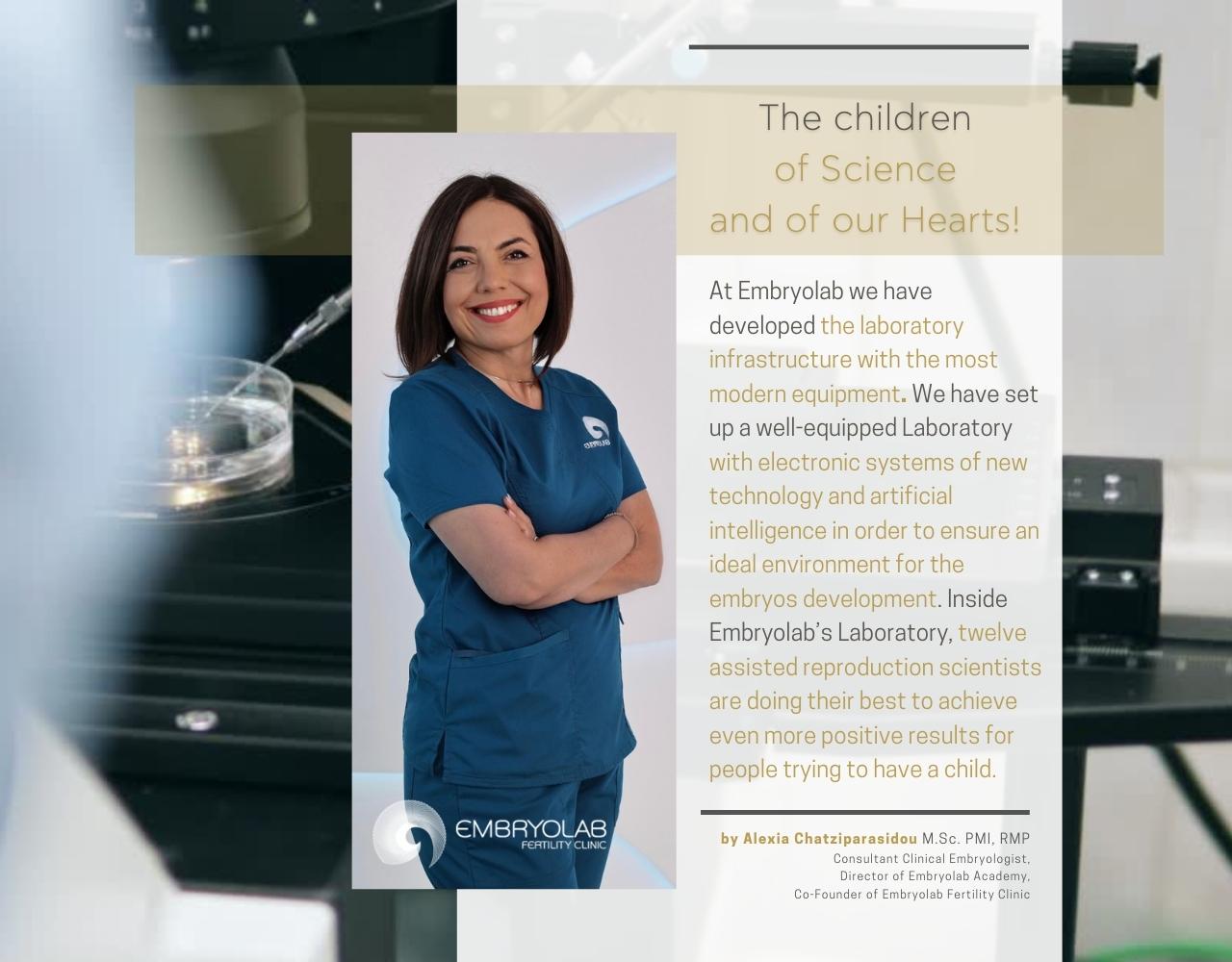
Of Alexia Chatziparasidou MSc. PMI-RMP, Clinical Embryology Consultant,
Director of Embryolab Academy, Co-Founder of Embryolab.
The scientific community is celebrating the World Clinical Embryology Day on July 25, a date milestone for all those who dreamed of becoming parents and who succeeded and those who helped them experience this happiness!
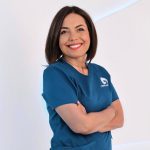
In 1978 a little girl was born in London and her parents named her Louise. Louise was the first child of science. She came into the world with In Vitro Fertilization and her birth gave hope to millions of infertile couples and led to a new science, the science of Assisted Reproduction.
The profession of Clinical Embryologist was born along with Louise! The clinical embryologist is the scientist who, isolated in the laboratory is using as weapons microscopes, incubators and pipettes to battle with infertility. The clinical embryologist lives in his own magical world, a world visible only through the microscope and through detailed counts and re-counts of spermatozoa. He carefully chooses the cultivation materials for his embryos. He keeps the fertilized embryos protected in the incubators while systematically monitoring the cultivation conditions to ensure the best environment for them to develop. He monitors them daily with anxiety to see how they grow and how they evolve. Through their developmental course he tries to understand them and to recognize the strongest! And he will choose this one and with great care will deliver it to the gynecologist for the embryo transfer.
Today, 42 years after Louise’s birth, clinical embryology counts many achievements and celebrates the birth of more than 8.5 million children in the world!
Behind every child of science hides a clinical embryologist who fought for it!
The science in the service of humanity
At Embryolab we have developed the laboratory infrastructure with the most modern equipment. We have set up a well-equipped Laboratory with electronic systems of new technology and artificial intelligence in order to ensure an ideal environment for the embryos development. Inside Embryolab’s Laboratory, twelve assisted reproduction scientists are doing their best to achieve even more positive results for people trying to have a child.


